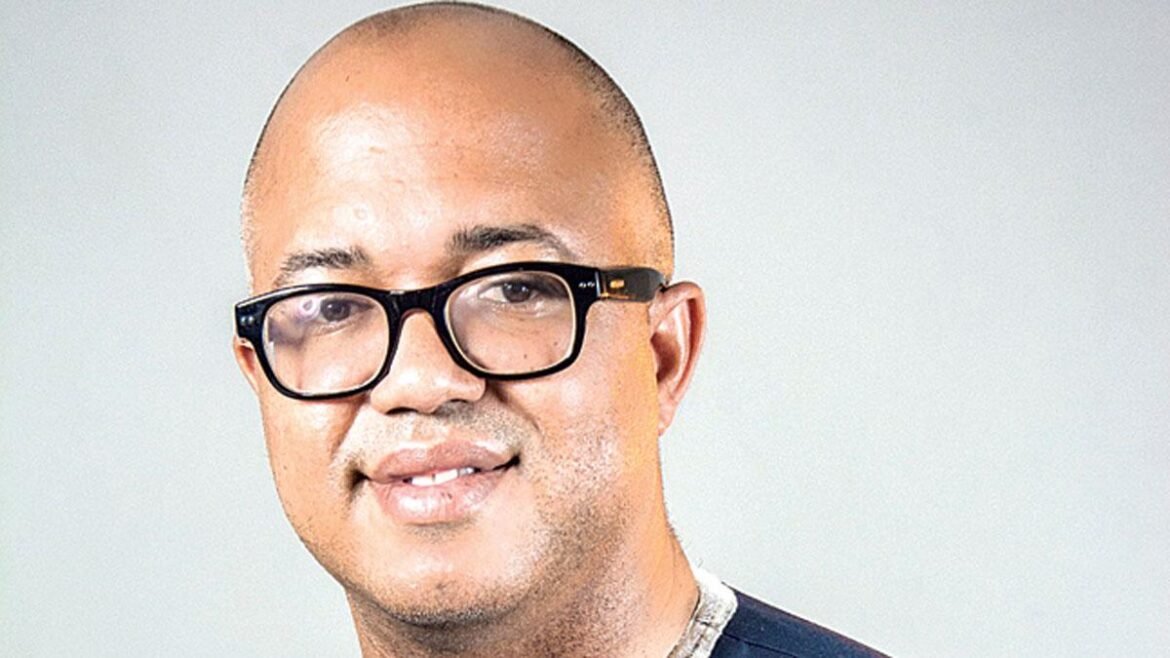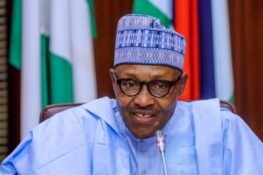Ask an average Nigerian patient, and he would tell you his country probably has one of the most dysfunctional health systems in the world.
Lacking health facilities, any success recorded could easily be attributed the dedication of an individual doctor or even to luck.
But it just could be that the 2014 achievement of halting Ebola in its track before it spread at an uncontrollable rate was no fluke and that Nigeria was not totally unprepared for a public health crisis.
Even though, Nigeria’s quick response to the emergence of Ebola was mostly due to the quick thinking of Dr. Ameyo Adadevoh and she became the face of that achievement, years of training by some doctors in public health management helped contain the disease.
In the telling of Dr. Endie Waziri of AFENET, who led the epidemiology, surveillance and contact tracing response, they had to develop a real-time data collection system, something that didn’t previously exist.
But so much of that dysfunction still exist.
On a personal level, it has been well over a month, and I am still waiting for an official notification of my COVID-19 status after submitting samples in the middle of August.
Because of the inconsistencies of the FCT Public Health Department in collecting samples, as a result of unpaid staff, the Nigeria Centre for Disease Control (NCDC) tried to fill in for the shortfalls.
It turns out that the NCDC, which collected my samples handed them over to the National Reference Laboratory on the same day.
And within 24 hours, the laboratory had tested the samples, had the results and uploaded them for the FCT Public Health Department to notify me.
While most Nigerians may not be aware of it, a lot of work has gone into managing the pandemic and the occasional epidemics before it
Positive or negative, as a hypochondriac, I was always going to be living in anxiety in the middle of a pandemic.
But after waiting a whole month, I am no longer having sleepless nights or anxious about infecting anyone around me.
But, I am still waiting.
Naturally, focusing on the positive should be of paramount concern, but leaving anyone who has tested negative in limbo only serves to disrupt people’s lives.
That probably means nothing in system that thrives on burying inconvenient paperwork.
At least in the FCT, the Public Health Department is probably the weakest link in the response to the coronavirus from public agencies.
But the lapses in the Public Health Department do not tell the true story of the many changes that are taking place in how Nigeria handles public health emergencies.
The most recent has been the outbreak of coronavirus, which has so far killed over 1,000 Nigerians.
While most Nigerians may not be aware of it, a lot of work has gone into managing the pandemic and the occasional epidemics before it.
Work is going on, unceasingly, in health facilities, at the community level, in Local Government Areas and at the state level.
The whole point is monitoring health events in the community, mobilizing community action and accessing resources to protect the community.
But before COVID-19, there were other public health challenges confronting Nigeria, with the NCDC tracking and investigating any spike or sudden outbreak.
There focus was Measles, Yellow Fever, Lassa Fever and Tetanus.
And there was also polio.
And without the Dangote Foundation, Bill Gates would have been roaming the cities of Nigeria, pouring his money down the drain
On August 25, 2020; Nigeria, and consequently Africa, was declared polio by Africa Regional Certification Commission.
It would mark one of Nigeria’s longest and biggest response to a public health crisis.
The polio outbreak in some ways also changed how Nigeria responded and treated issues of public health as a separate field demanding special attention.
Most of the credit of the success in eradicating polio went to President Muhammadu Buhari, US billionaire, Bill Gates and Africa’s richest man Aliko Dangote.
Of course, they were not the only ones involved in the funding and efforts to eradicate polio in Nigeria.
The real driving force to eradicate polio was led by the Global Polio Eradication Initiative, a public-private partnership involving national governments, working with World Health Organisation, Rotary International, the US Centers for Disease Control and Prevention, the United Nations Children’s Fund, Bill & Melinda Gates Foundation and Gavi.
In Nigeria, it was also about a campaign against cultural practices and suspicions of the effects and intentions behind vaccination programmes.
But, in the end, there is nothing like name recognition to bring awareness to a public health cause and inspire a call to action.
Without the involvement of the Bill and Melinda Gates Foundation, Nigeria may not have paid serious attention the polio epidemic.
His visit to Nigeria was just as valuable as his money.
And without the Dangote Foundation, Bill Gates would have been roaming the cities of Nigeria, pouring his money down the drain.
But Nigeria’s success in eradicating polio goes beyond the big names and high offices.
And it is a success story that goes back at least 10 years, to the hundreds of doctors that have now been part of the Nigeria Field Epidemiology and Laboratory Training Program (NFELTP) and also the adoption of the Integrated Disease Surveillance and Response (IDSR) strategy first introduced in 1998.
Central to the IDSR system is having a presence of disease surveillance officers in every health facility, LGA, state and at the federal level and be able to identify notifiable disease, alert higher levels and trigger local action in the form of investigating and confirming suspected outbreaks of public health events.
Confirmation is determined through laboratory, while the data collected and analyzed determines the appropriate response.
The support provided by international bodies and NGOs changed the outcome from the system and work done by the disease surveillance officers
Unlike NCDC, which focuses most of its attention on about four or five diseases, the Federal Ministry of Health has a list of about 40 communicable and non-communicable diseases it tracks through the IDSR system.
On its own, IDSR in the first couple of years recorded little success in eradicating the polio.
The support provided by international bodies and NGOs changed the outcome from the system and work done by the disease surveillance officers.
Nigeria Field Epidemiology and Laboratory Training Program (NFELTP) is run by the African Field Epidemiology and Laboratory Training Programs (AFENET).
Only NFELP is not strictly speaking, just a training exercise.
Residents and graduates conducted the field work in another AFENET program, the National Stop Transmission of Polio Program (NSTOP).
The residents and graduates also provided the technical support for surveillance officers, particularly in high risk areas of many local governments.
To some extent, the existence of polio and the international efforts to wipe it out sustained the surveillance system in Nigeria.
The WHO for example, paid disease surveillance officers, who are mostly employees of LGAs, states and the federal government, to investigate suspected cases of polio.
The same isn’t done for other infectious diseases, and even when there are reported outbreaks of an infectious disease, as long it isn’t polio, sometimes no investigation is carried out.
Top on the NCDC list of these infectious diseases are Measles, Yellow Fever, Lassa Fever and Tetanus.
The issue now is whether the IDSR can be sustained since polio, which galvanised the world has been eradicated, and the money will likely dry up, especially at the community and local level.








